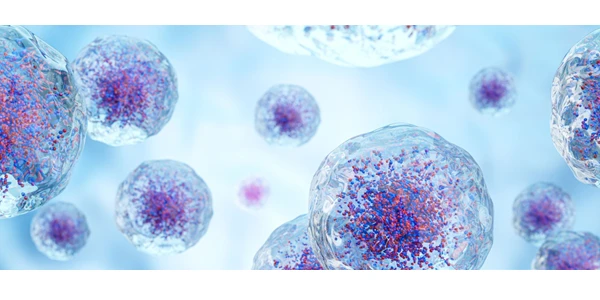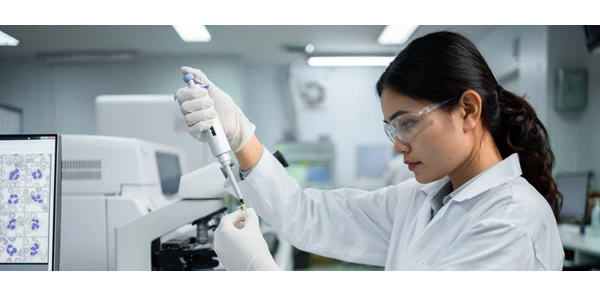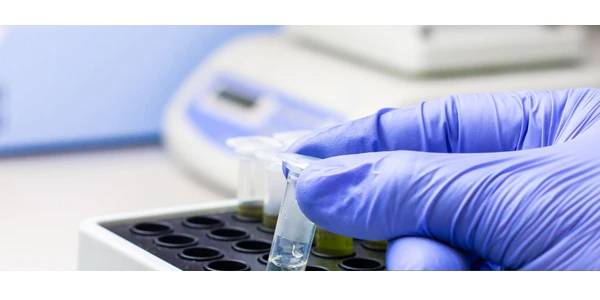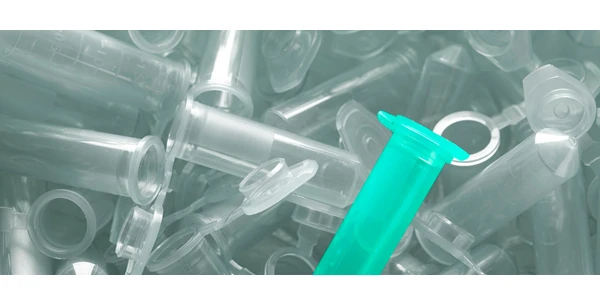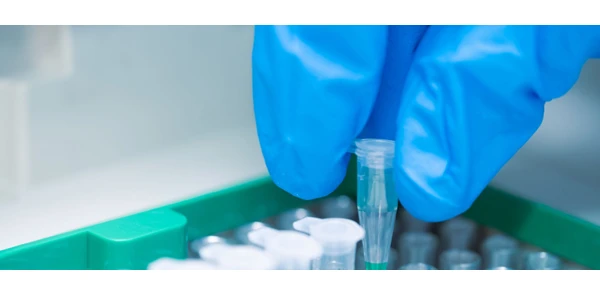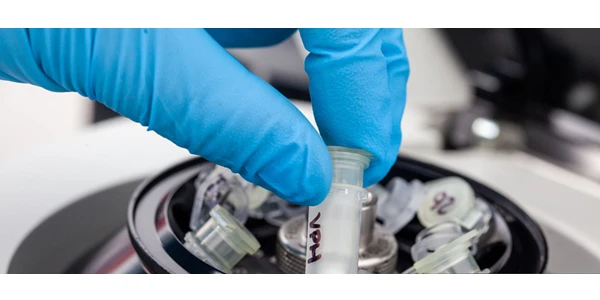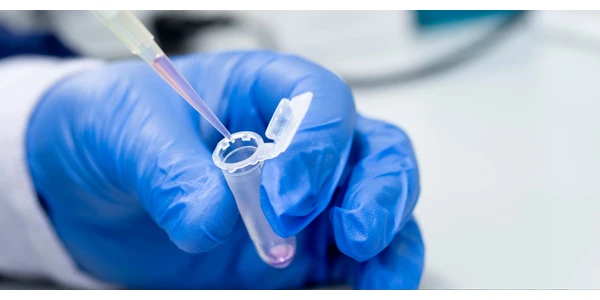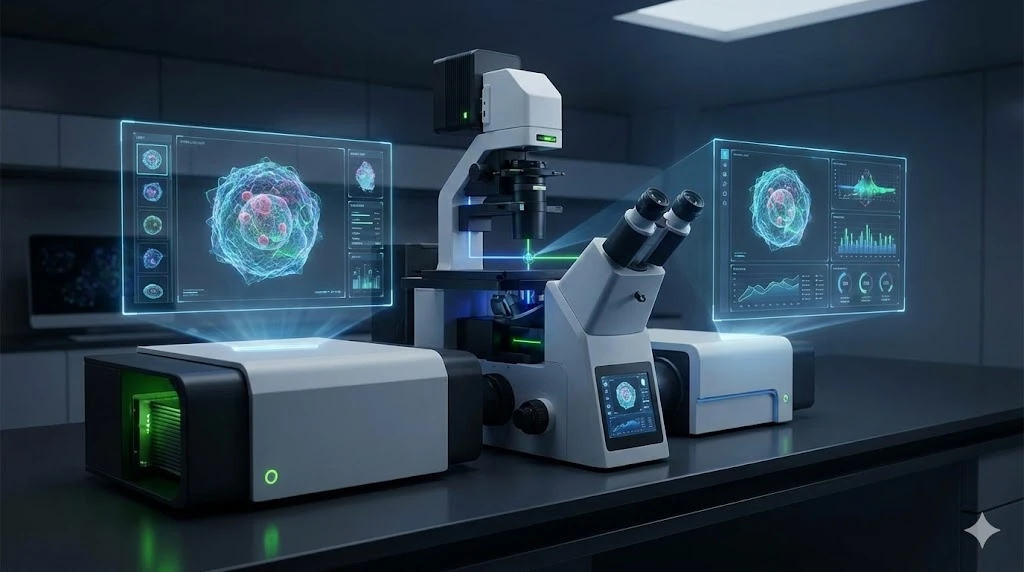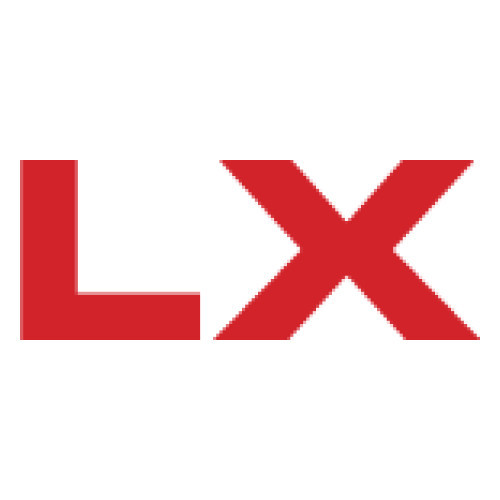AIDDISON™ Drug Discovery Software Can Increase the Success Rate of New Drugs
The new software virtually screens compounds from a universe of >60 billion chemical targets
BURLINGTON, MA, —
MilliporeSigma, the US, and Canada Life Science business of Merck KGaA,
Darmstadt Germany, a leading science and technology company, launched its AIDDISON™ drug discovery software, the first
software-as-a-service platform that bridges the gap between virtual molecule
design and real-world manufacturability through SynthiaTM
retrosynthesis software application programing interface (API) integration. 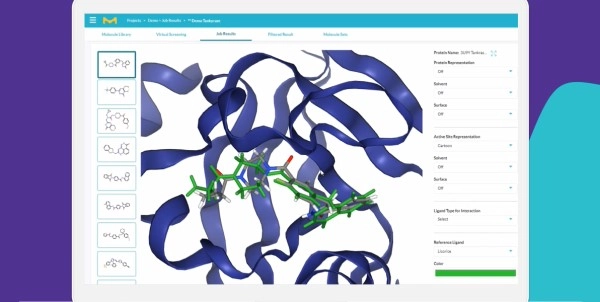
It combines generative AI, machine learning and computer-aided drug-design to speed up drug development. Trained on more than two decades of experimentally validated datasets from pharmaceutical R&D, AIDDISON™ software identifies compounds from over 60 billion possibilities that have key properties of a successful drug, such as non-toxicity, solubility, and stability in the body. The platform then proposes ways to best synthesize these drugs.
“With millions of people waiting for the approval of new medicines, bringing a drug to market, still takes on average, more than 10 years and costs over US$2 billion” said Karen Madden, chief technology officer, Life Science business sector of Merck. “Our platform enables any laboratory to count on generative AI to identify the most suitable drug-like candidates in a vast chemical space. This helps ensure the optimal chemical synthesis route for development of a target molecule in the most sustainable way possible.”
Discovering drugs is a long, iterative process. Only about 10 percent of drug candidates evaluated in Phase I made it to market. To find the most suitable chemical compound from a universe of more than 1060 molecules requires significant time, resources, and expertise. Artificial Intelligence (AI) and machine learning models like AIDDISON™ software can extract hidden insights from huge datasets, thus increasing the success rate of delivering new therapies to patients. AI has the potential to offer more than US$70 billion in savings for the drug discovery process by 2028, and to save up to 70 percent time and costs for drug discovery in pharmaceutical companies.

